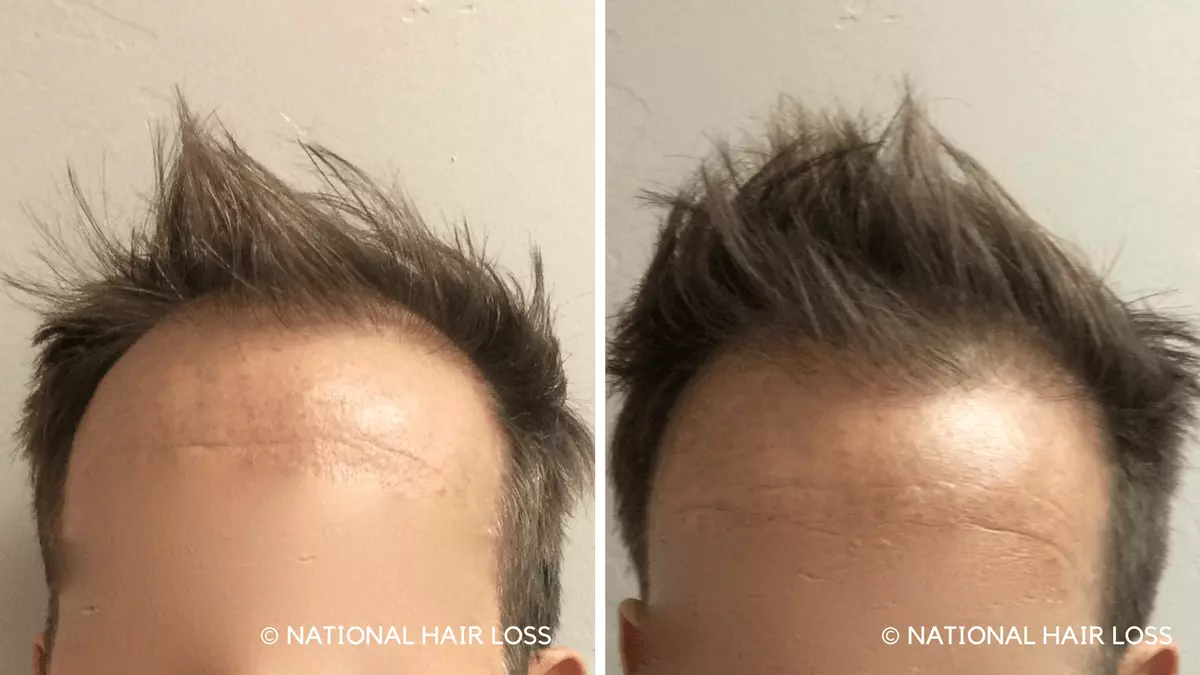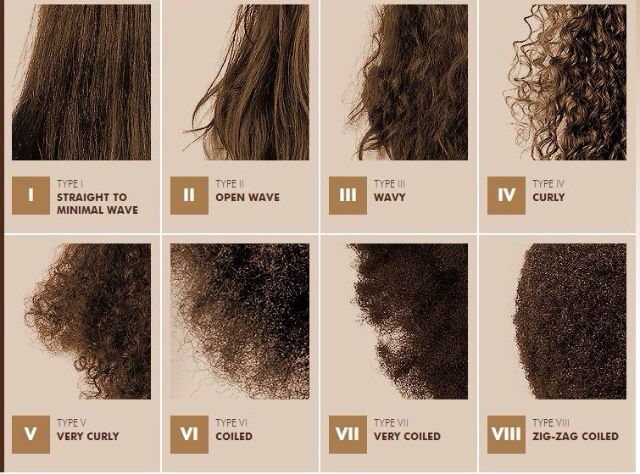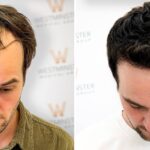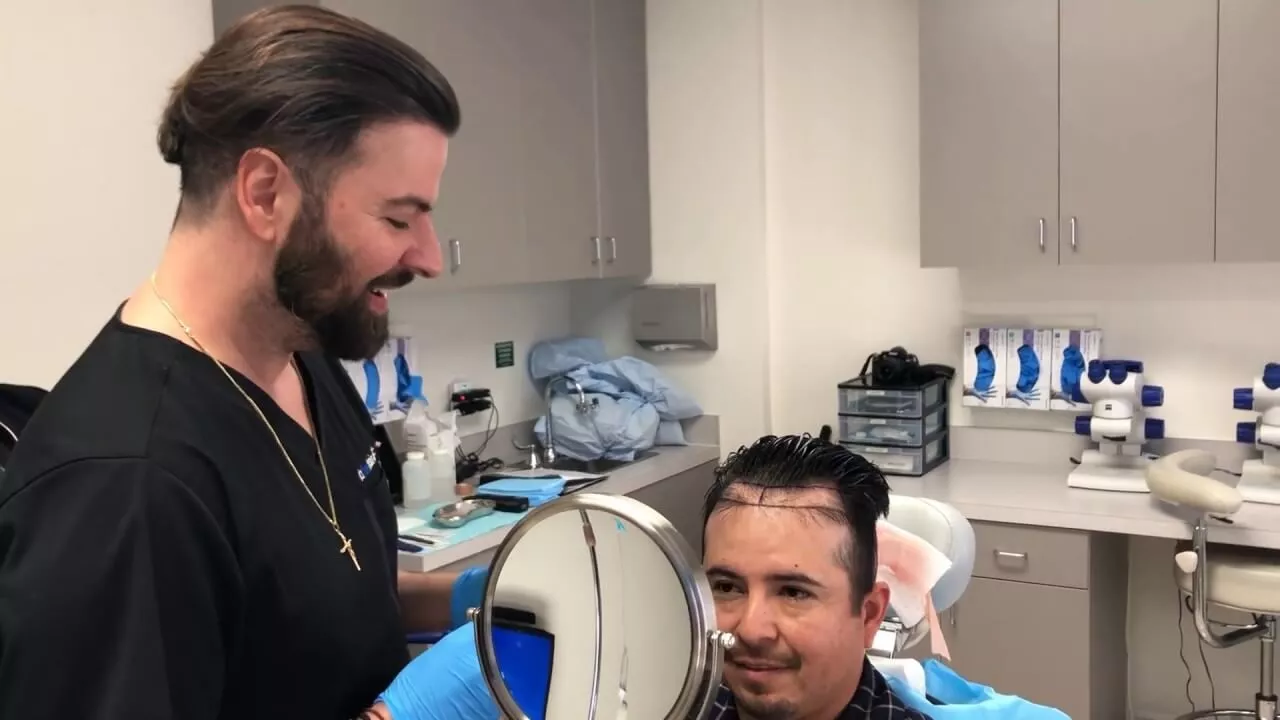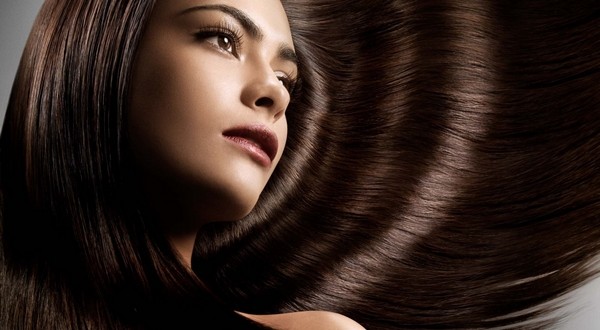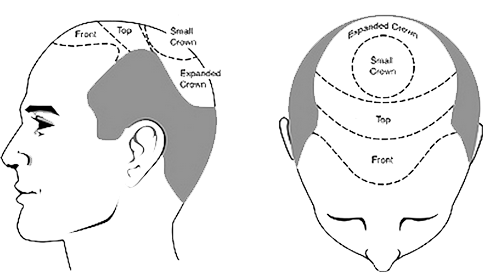Hair loss is not only inconvenient, to many men – and women – seeing their hairline recede or discovering a growing bald spot on the back of their head may feel like an existential threat.
As if having this new concern in our lives wasn’t enough, we try to place blame: maybe we shouldn’t have worn a hat so much. If we should have used less shampoo. Or maybe it was all because of our mother!
These are only a few of the persistent hair loss theories that exist. There’s almost definitely nothing wrong with you if you’ve been losing your hair. Before you start criticizing yourself for what you felt you did to cause your hair loss, take a look at this list of debunked hair loss theories shared by Dr. Harikiran who is one of the best hair transplant surgeons in Hyderabad.
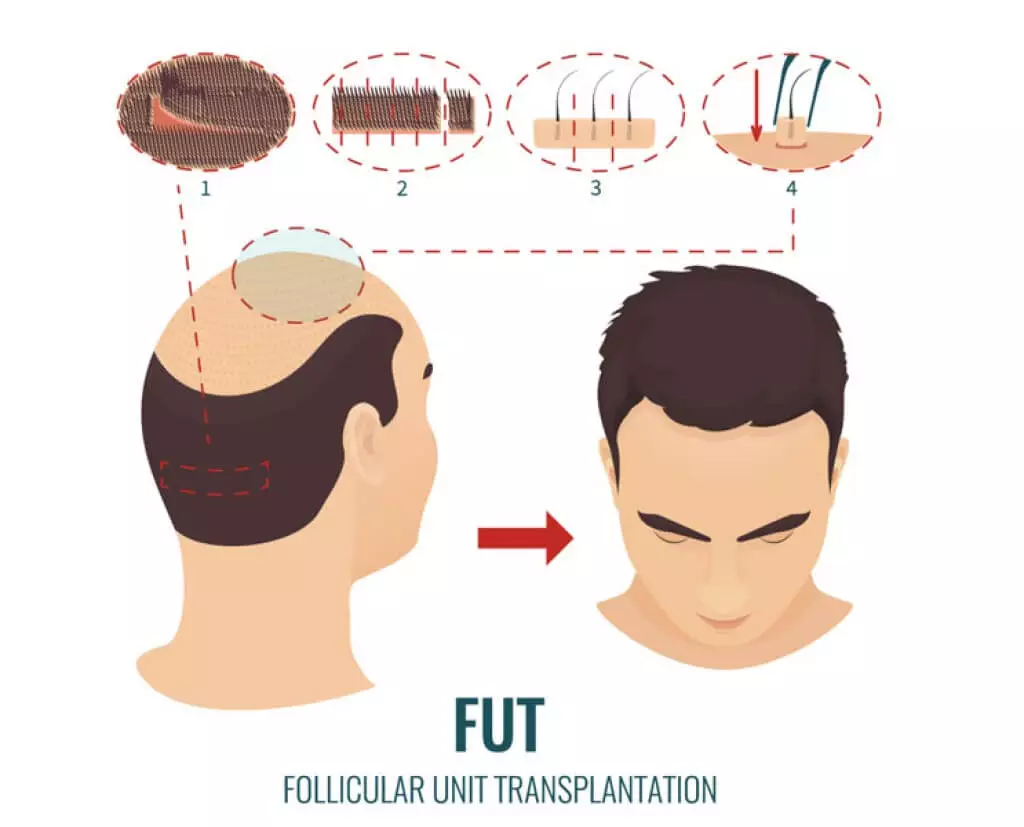
Myth 1: Frequently wearing hats can cause hair loss
FALSE. The presumption is that the scalp needs to “breathe,” and that hats can suffocate this process. This is not the case. The bloodstream, not the ambient air, provides the oxygen your hair follicles need for development.
Wear a hat as much as you like; it won’t make your hair fall out! Hats are particularly useful for concealing thinning hair and bald spots on the top of the head, which may be why we associate them with hair loss. Wearing one, however, will have no effect on your hair loss or development.
Myth 2: Hair loss is a lifelong condition
FALSE. Male pattern baldness, the most common cause of male hair loss, is an inevitable hereditary disorder. Other causes, such as trauma, hormonal changes, eating disorders, or sickness, may also cause hair loss. Women may experience postpartum hair loss, which usually resolves within six months of giving birth.
Hair loss caused by causes other than pattern baldness is usually only temporary. Even if you are the victim of pattern baldness, hair transplant surgery is there to help you out.
Myth 3: Stress is partially to blame for your hair loss
Although daily stress is unlikely to cause hair loss on its own, significant traumatic events, such as long-term pain and disease, have been related to hair loss. According to the doctors, excessive stress will cause your hair to enter a longer “resting phase,” in which hair follicles take a break to regenerate new hair. Alopecia areata, a form of patchy hair loss, may also be a result of it.
Again, serious traumatic events are more likely to cause hair loss than daily stressors like a stressful career, a nagging boss, or children that make you nuts. Even so, any hair loss that occurs is almost always just temporary. So the last thing you should be concerned about is your stress level!
Myth 4: Baldness affects only the elderly
FALSE. You may see the first symptoms of hair loss in your twenties if you have a family history of hair loss. While the majority of men begin to develop male pattern baldness in their forties and fifties, up to a quarter of men begin the process before they turn 21.
However, this does not guarantee that you will find it right away. The majority of hair loss is not visible until half of the hair is gone!
Myth 5: Taking Vitamins Will Cure Hair Loss
Special vitamins and supplements that claim to “cure” hair loss are not only misleading, but also dangerous. While a serious vitamin deficiency can cause hair loss, the vast majority of people experience hair loss as a result of their genetics and the aging process. To keep developing, our hair needs a constant supply of nutrients from our diet. The argument that hair loss sufferers just need to take a pill to cure their problems, on the other hand, is absolutely false. If these miracle supplements really worked, baldness will be a thing of the past.
Simply eat a well-balanced and nutritious diet to ensure that your body receives the nutrients it needs to develop thick and healthy hair. You shouldn’t have to worry about vitamin deficiency affecting your hair growth as long as your normal diet consists of staples like protein, fruits, and vegetables. Take a regular adult multivitamin to ensure you get the correct vitamins that your diet may be missing if you want to be 100 percent sure you’re meeting your daily vitamin requirements. Just be cautious—studies have shown that supplementing such vitamins excessively may cause hair loss to worsen.
If you’re looking for successful topical and oral hair loss remedies, speak to your doctor about adding Rogaine and Propecia to your hair care regimen. Both Rogaine and Propecia are FDA-approved and have been shown in clinical trials to delay the development of hair loss. Neither substance, unfortunately, will regrow hair. They are, however, an essential part of modern hair restoration and can help you keep the hair 犀利士
you have.

Karen is a health blog author who has been writing about healthy living since 2013. She started her journey by adopting a vegan diet and eating only organic foods, but the more she learned, the more she realized that we should all be eating plant-based diets exclusively. As an expert in nutrition and wellness, Karen blogs to educate readers on how they can live happier and healthier lives through food choices!



